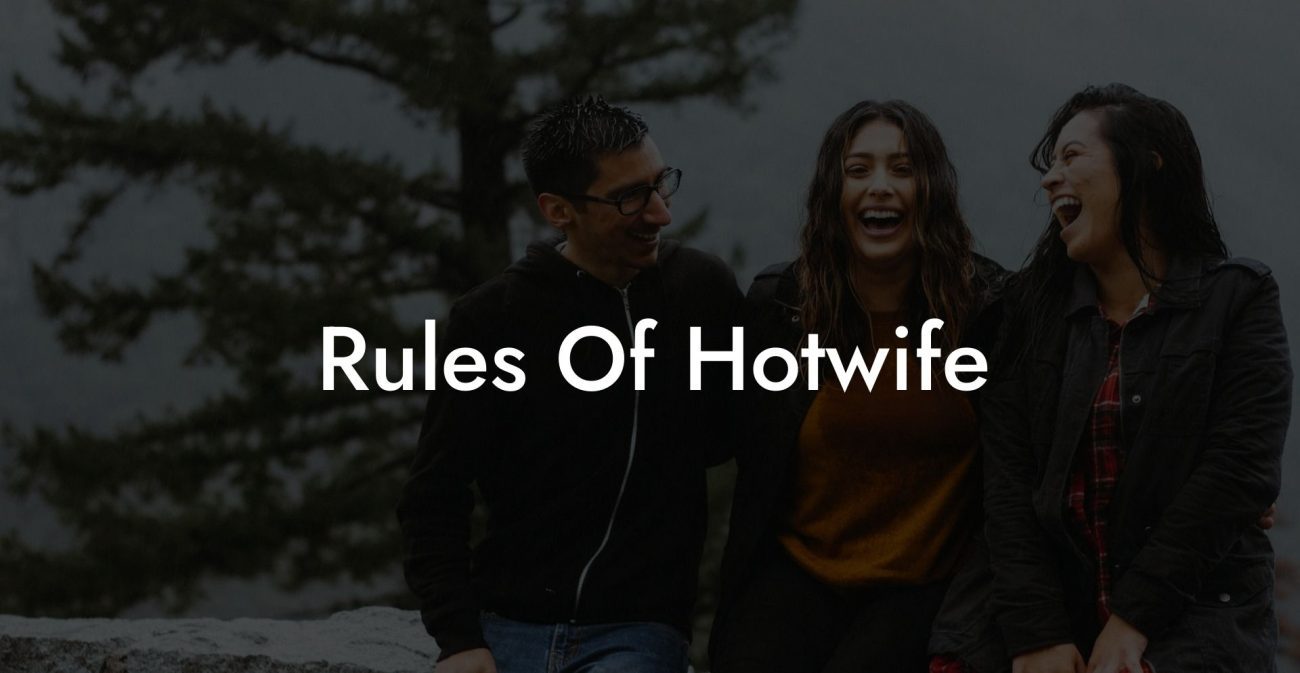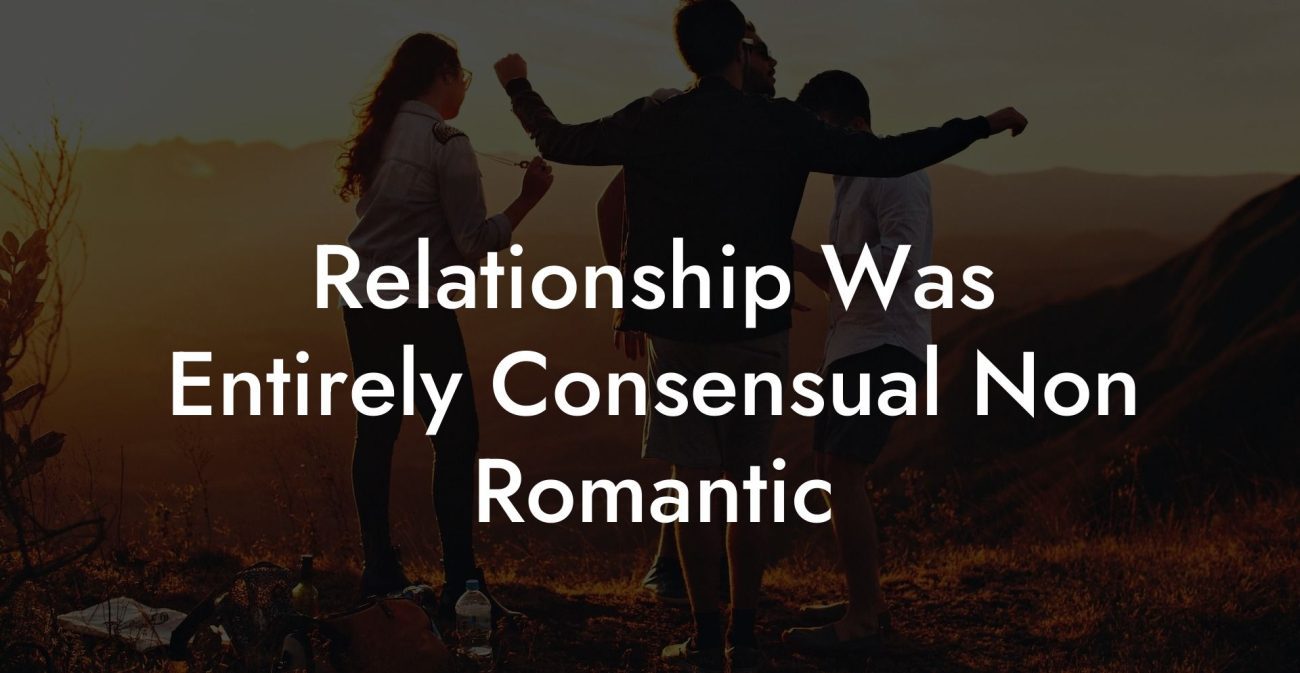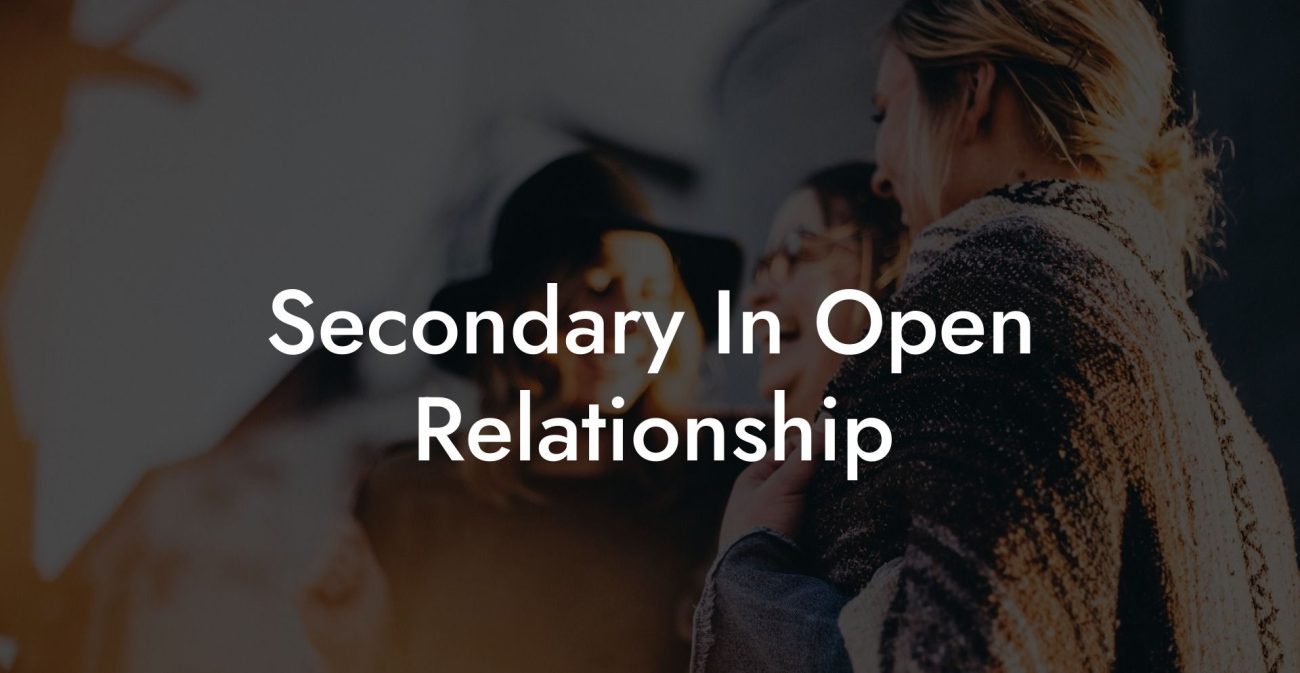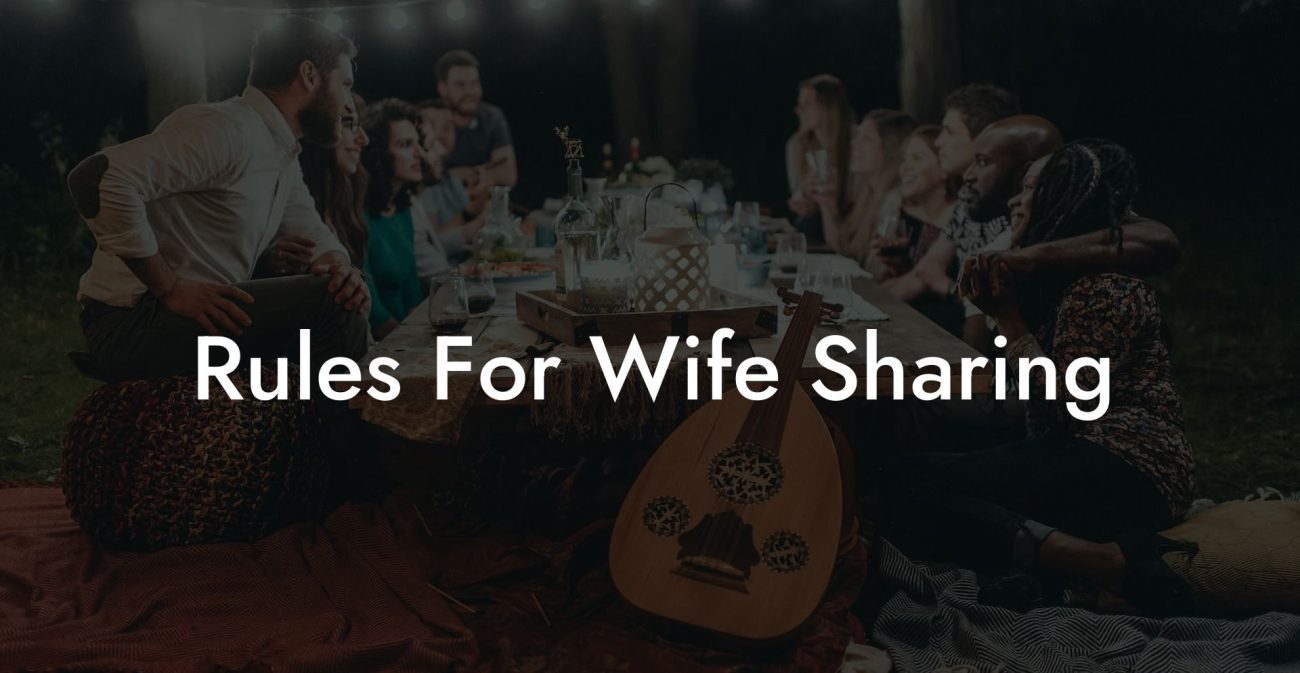When it comes to romantic relationships, there is this constant debate on choosing the most viable path: Monogamy, non-monogamy, or polyamory? For many people, they feel overwhelmed by this decision, as if they must know the 'right' answer before entering any relationship. In truth, the best relationship choice might not be universal, but depends on individual preferences and values. In this article, we explore the concept of each relationship style being an equally viable choice and discuss how to determine which option suits you best.
Equally Viable Choice Table of Contents
What Makes a Relationship Choice Viable?
Before delving into each relationship style, it's essential to define the criteria that make any relationship choice viable for a person. Here are some key factors to consider:
1. Emotional Satisfaction
A viable relationship choice should bring emotional satisfaction to both partners. The couple should feel happy, loved, and secure within their relationship. Emotional satisfaction can look different for everyone, so it’s essential to discuss what that means for you and your partner.
2. Compatibility
Compatibility is a crucial aspect of any healthy and lasting relationship. Couples should have shared values, beliefs, and goals. The partners should be willing to communicate openly and find a common ground where they can thrive together.
3. Trust
Trust is the foundation of every strong relationship, regardless of its style. Both partners should feel like they can rely on each other without fear of betrayal or deception.
4. Consent and Boundaries
In any relationship style, consent and clearly establishing boundaries with your partner are important aspects. Both parties should always feel heard and respected.
Examining Monogamy, Non-Monogamy, and Polyamory
Now that the criteria for viable relationship choices are laid out, let's dive into the three relationship styles and see how they can cater to different individuals.
Monogamy
- Exclusive romantic and sexual relationship with one partner
- Tends to be the cultural norm in many societies
- Offers a sense of stability and security
- Boundaries and expectations are often clear
Non-Monogamy
- Includes various relationship arrangements outside of traditional monogamy
- Can involve multiple partners, open relationships, swinging, and other arrangements
- Requires open communication and consent
- Allows partners to explore variety while still maintaining a primary connection
Polyamory
- Form of ethical non-monogamy where partners engage in multiple romantic connections
- Emphasizes open communication, trust, and mutual consent
- Allows people to nurture deeper connections with multiple partners
- Polyamorous individuals may form 'polycules' or extended networks of interconnected relationships
Equally Viable Choice Example:
To illustrate a realistic example of choosing an equally viable relationship style, let's use the story of Jane and Jake:
Jane and Jake have been together for two years and have always been monogamous. However, Jane has recently expressed curiosity towards opening their relationship and exploring non-monogamy. Instead of firmly sticking to monogamy, they decide to have an open and honest conversation about their desires and boundaries and what each relationship style entails.
Throughout their discussions, they recognize that monogamy has provided them with emotional satisfaction and stability, but opening their relationship could offer an opportunity for growth and exploration. They decide to give non-monogamy a try, ensuring they establish clear boundaries, maintain open communication, and prioritize their primary connection.
Through making this decision openly and honestly, Jane and Jake prove that each relationship style can be an equally viable choice as long as both partners feel fulfilled, respected, and are consenting to the arrangement.
Ultimately, monogamy, non-monogamy, and polyamory are all equally viable relationship choices. It's crucial to remember that every individual and couple is unique and will feel drawn to different relationship styles. The key is to engage in honest conversations and self-reflection to determine which path aligns with your emotional needs, compatibility, trust, and consent. Remember, there is no 'right' choice, and only you can determine what feels most fulfilling and nurturing to you and your relationships. Feel free to share this post to help others navigate their relationship journey and explore more guides on The Monogamy Experiment.













